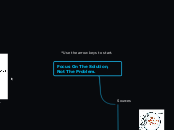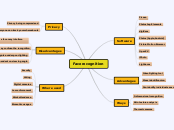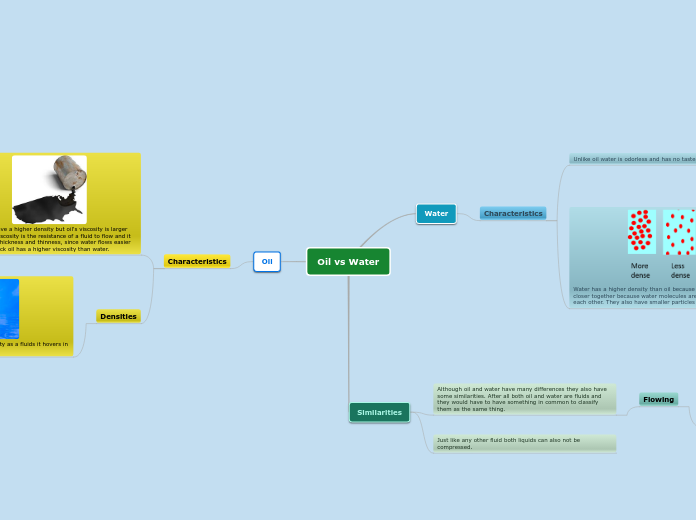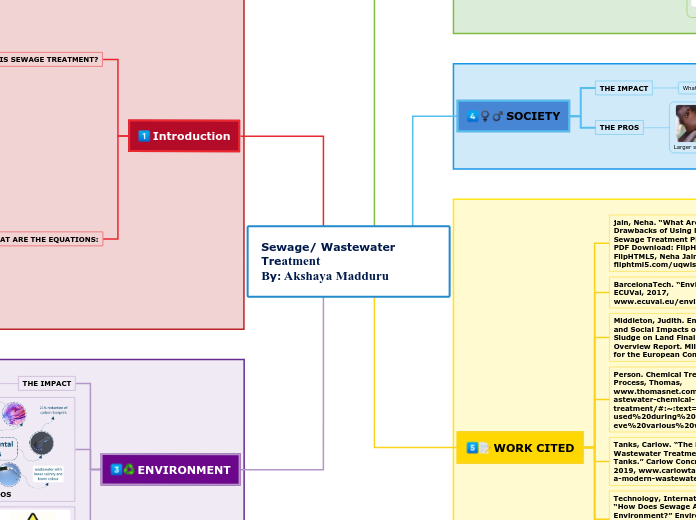によって Hany Velázquez 12年前.
404
Security and Ethics
Ethical issues in computing encompass several critical aspects including privacy, veracity, property, and access. The concept of privacy underscores the importance of personal data ownership and protection.









